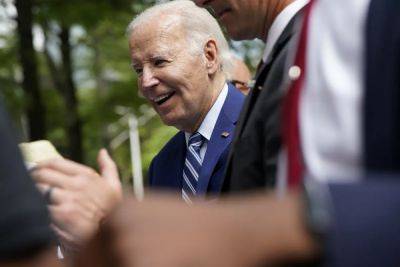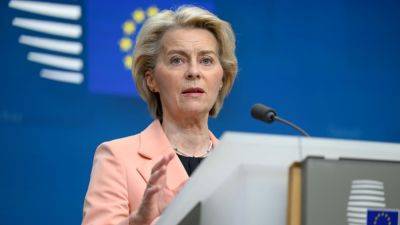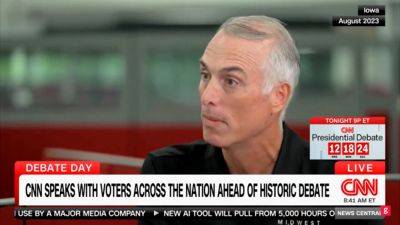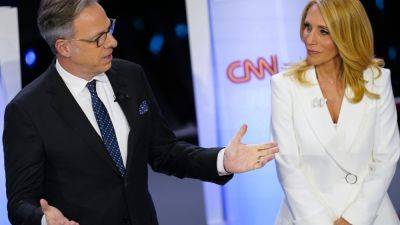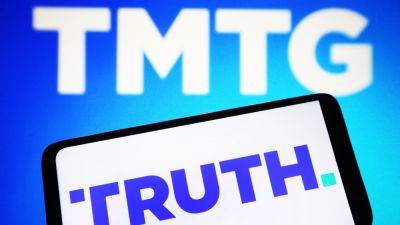Trump could — and wants to — shake up U.S. foreign policy even more in a second term
It was not that long ago that former President Donald Trump made international headlines at a primary election rally in South Carolina.
At the event, Trump recalled an unnamed European leader asking whether the U.S. would defend the country if it was invaded by Russia — even if they had not met NATO spending targets.
“‘No, I would not protect you. In fact, I would encourage them to do whatever the hell they want,’” Trump remembered saying. “You got to pay. You got to pay your bills.”
It was a stunning admission that was seen as a shot across the bow to European allies — and the foreign policy establishment, including people like former Obama-era Ambassador to NATO, Ivo Daalder.
“The statement was less about the threat that allowing Russia to do whatever it wanted would mean for the countries involved and more about what it says about Trump's view of alliances,” Daalder said.
The former president’s criticism of NATO — and the U.S. allies who are part of the alliance — is not new. He often referred to the spending targets outlined in charter agreements as requirements and derided countries for not paying enough.
He’s been critical of western allies and cozied up to authoritarian leaders, like Russia’s Vladimir Putin and Hungary’s Viktor Orbán.
But Daalder’s larger point, which is being echoed across party lines, is that Trump is reducing the importance of a 75-year alliance to the U.S. being an army for hire — and that NATO isn’t something that is fundamental to U.S. security.
“A Trump return to the Oval Office means that an alliance like NATO, which is built fundamentally on trust, will suffer because people will not be able to trust Donald Trump to defend them if and when the emergency arises,” Daalder said.
What is new


